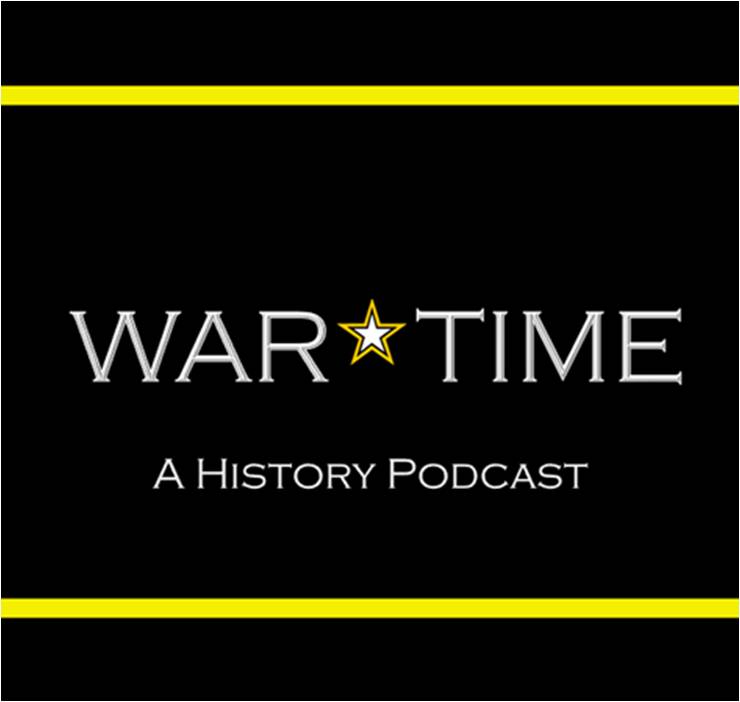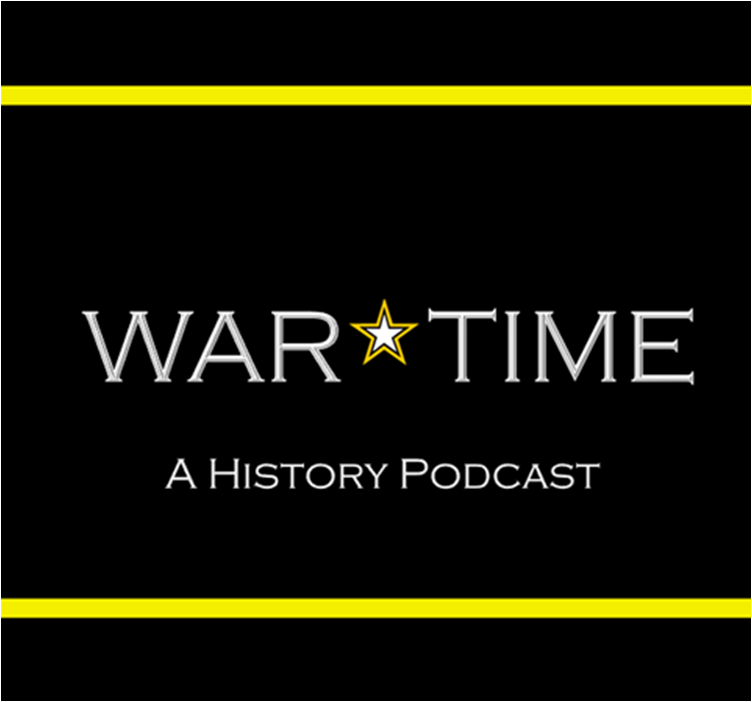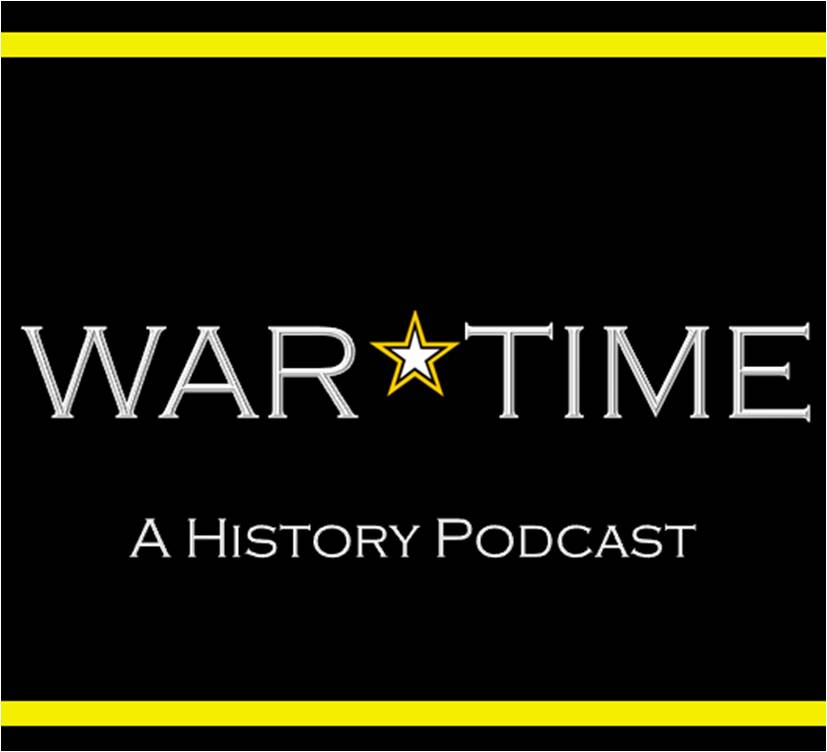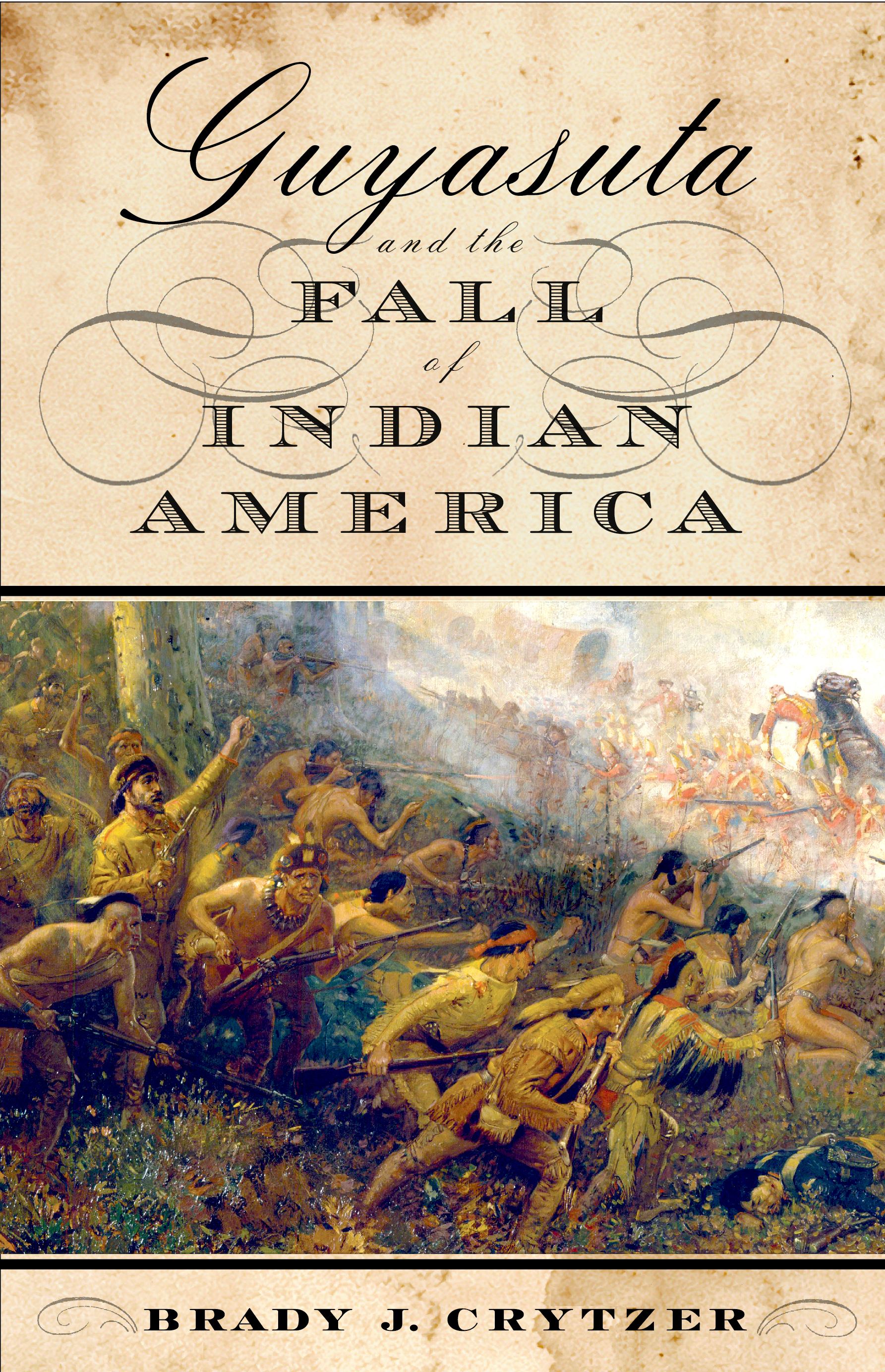Episodes

Thursday Apr 10, 2014
S02E07: The New Kingdom Pt. 2-King Tut's Tomb
Thursday Apr 10, 2014
Thursday Apr 10, 2014
In the year 1922, the golden age of archaeology was in full swing. In late fall, an unlikely duo of explorers combined their efforts to make what many consider to be the greatest discovery in world history. Since their great find, Howard Carter and Lord Carnarvon changed the face of archaeology and shed new light on a figure that without their efforts would have been lost to history forever. On this episode we discuss King Tut’s tomb.

Thursday Apr 03, 2014
S02E06: The New Kingdom Pt. 1
Thursday Apr 03, 2014
Thursday Apr 03, 2014
Following a century of domination by an outside force, the Egyptians reclaimed their territory and began the great period of growth and expansion known as the New Kingdom. Spearheaded by a powerful lineage of aggressive pharaohs, this period is best known as the age that transformed Egypt into an empire. In part one of our two part study we will see the rise of Egypt’s most powerful female ruler and the fall of its most controversial reformer.

Thursday Mar 27, 2014
S02E05: The Middle Kingdom
Thursday Mar 27, 2014
Thursday Mar 27, 2014
After years of growth, the Old Kingdom of the Egyptian world crumbled into the hands of a few elite families scattered across the Sahara desert. Although financially prosperous, these dark ages drove the land of Egypt into disarray and allowed for a new leader to reunify the kingdom. Known as an age of great cultural, militaristic, and societal achievement, the Middle Kingdom is considered a golden age of Egyptian history. But was this new system sustainable? And what forces brought it crashing down. On this episode we discuss the Middle Kingdom.

Thursday Mar 20, 2014
S02E04: The Land of the Pyramids
Thursday Mar 20, 2014
Thursday Mar 20, 2014
After establishing itself as an agricultural superpower, the Egyptian world developed at a frenetic pace to usher in the period of time known as the Old Kingdom. Highlighted by powerful pharaohs and endless building projects, divine kingship became a staple of Egyptian life and a primary feature of Egyptian life. For centuries these leaders constructed massive buildings in their own name until eventually their already waning support collapsed beneath their feet. On this episode we discuss the Old Kingdom.

Friday Mar 14, 2014
S02E03: Egypt, the Gift of the Nile
Friday Mar 14, 2014
Friday Mar 14, 2014
Described by Herodotus as the gift of the Nile, the land of Egypt has captivated foreign imaginations for thousands of years. Situated on the vast Mediterranean Sea, this ancient paradise of wonder built its own unique world on the shores of its great river, and developed a culture wholly based on its presence. The society that emerged has been touted as one of the most sophisticated of the ancient world, and still draws intense examination to this day. On this episode we discuss the ancient Egyptians.

Thursday Mar 06, 2014
S02E02: The Conquests of Sargon
Thursday Mar 06, 2014
Thursday Mar 06, 2014
Considered by many to be the first emperor, Sargon the Great built the western world’s most powerful political domain and transformed into an empire. Known as Sumer, Sargon pushed the limits of power and set a new precedent that would be followed for thousands of years. On this episode we discuss the conquests of Sargon the Great.

Thursday Feb 27, 2014
S02E01: The Fertile Crescent
Thursday Feb 27, 2014
Thursday Feb 27, 2014
Known as Mesopotamia, the land between two rivers is widely considered to be the cradle of the western world. Although home to many peoples, it was the Sumerians who earned the right to be called the world’s first true civilization. A land of great achievement and constant warfare, the Mesopotamian landscape would be the first home to power and politics that set the course for the modern age. On our SEASON TWO PREMIERE we discuss the fertile crescent.

Friday Feb 14, 2014
BONUS: Fort Pitt: A Frontier History
Friday Feb 14, 2014
Friday Feb 14, 2014
The following broadcast
was recorded live by the Pennsylvania Cable Network and is distributed weekly
on PCNtv.com. In the year 1758, in the midst of the first global war in world
history, the empire of Great Britain vanquished their longtime French enemies
on the frontiers of North America. To signify their victory and the consolidate
their power, they began to construct the largest fortification on the continent
that would give them sole possession of this new and uncharted land. “Fort
Pitt: A Frontier History” is in stores now. Remember, an all new season of
wartime begins on February 28th.

Friday Feb 07, 2014
BONUS: WARTIME ON THE AIR!
Friday Feb 07, 2014
Friday Feb 07, 2014
The following broadcast was recorded live by the Pennsylvania Cable Network and is distributed weekly on PCNtv.com. “Guyasuta and the Fall of Indian America” is in stores now. Remember, an all new season of wartime begins on February 28th.

Saturday Feb 01, 2014
BONUS: WARTIME LIVE! "Guyasuta and the Fall of Indian America"
Saturday Feb 01, 2014
Saturday Feb 01, 2014
For nearly fifty years the Iroquois chief Guyasuta battled for the sovereignty and future of his people. Beginning his career with a 21 year old George Washington, Guyasuta would eventually come to fight the young Virginian in a catastrophic French alliance. Instrumental next in the Indian rebellion of 1763, Guyasuta waged a war of terror and violence against British settlements before ultimately succumbing to European control. Although he served as a peace chief early in the American Revolution, his eventual siding with the British Empire appeared to doom his people. Spanning over seven decades, Guyasuta’s life offers a front row seat to the fall of Indian America. Remember, an all new season of Wartime premieres Feb. 28!

Friday Jan 03, 2014
S01 Wrap Up
Friday Jan 03, 2014
Friday Jan 03, 2014
It's been twelve weeks and twelve episodes, and Season One is in the books! In this wrap-up episode we discuss the successes of the season and what to expect in the future.

Thursday Nov 21, 2013
S01E12: The Seven Years' War Pt. 3
Thursday Nov 21, 2013
Thursday Nov 21, 2013
Called the first truly world war by Winston Churchill, the Seven Years’ War pitted Great Britain and France in a titanic struggle to determine the fate of empire around the planet. Fought on five continents, the Seven Years’ War saw the world’s two superpowers engage in the largest war in world history at that time. After three years of disastrous losses, an innovative new strategy turned the tide of the war, and gave King George control over one the largest empires in history.

Thursday Nov 14, 2013
S01E11: The Seven Years' War Pt. 2
Thursday Nov 14, 2013
Thursday Nov 14, 2013
Called the first truly world war by Winston Churchill, the Seven Years’ War pitted Great Britain and France in a titanic struggle to determine the fate of empire around the planet. Fought on five continents, the Seven Years’ War saw the world’s two superpowers engage in the largest war in world history at that time. From 1755 to 1757 though, the war seemed to fully in French control, and the wavering British referred to this trying time as "The Years of Defeat."

Thursday Nov 07, 2013
S01E10: The Seven Years' War Pt. 1
Thursday Nov 07, 2013
Thursday Nov 07, 2013
Called the first truly world war by Winston Churchill, the Seven Years’ War pitted Great Britain and France in a titanic struggle to determine the fate of empire around the planet. Fought on five continents, the Seven Years’ War saw the world’s two superpowers engage in the largest war in world history at that time. In the year 1755 however the conflict was isolated to a small corner of the North American world. In part one of this three part episode we focus on the origins of the war in the year 1755.

Thursday Oct 31, 2013
S01E09: Pirates of the Caribbean
Thursday Oct 31, 2013
Thursday Oct 31, 2013
From 1500-1800 the Caribbean Sea was the world’s most lucrative and attractive basin of trade, yet the constant threat of piracy shook the European world to its core. Known as the “Enemies of all Nations,” Piracy flourished in the Atlantic World for over one hundred years, and its effects are still as present as ever in the modern world.

Thursday Oct 24, 2013
S01E08: The Salem Witch Trials
Thursday Oct 24, 2013
Thursday Oct 24, 2013
At the end of the seventeenth century, the New England village of Salem was torn to pieces by the fear and paranoia of witchcraft. Although often sensationalized, the Salem Witch Trials are very real indicators of how power and politics defined the difficult and complex world of Colonial America.

Thursday Oct 17, 2013

Thursday Oct 10, 2013
S01E06: Bacon's Rebellion
Thursday Oct 10, 2013
Thursday Oct 10, 2013
In the spring of 1676, Nathaniel Bacon, a hotheaded young newcomer to Virginia,
led a revolt against the colony's Indian policies. Bacon's Rebellion turned into
a civil war within Virginia bringing North America's most powerful holding to its knees, sending shock waves
throughout the British colonies and into England itself.

Thursday Oct 03, 2013
S01E05: Disunion in British North America
Thursday Oct 03, 2013
Thursday Oct 03, 2013
Often thought to be unified because of their rich history of cooperation and shared Revolution, the American Colonies of Great Britain spent the vast majority of their existence as anything but. Although all thirteen colonies would ultimately form a rebellious union in 1775, the origins of these bodies were unique. Each had its own character which is still apparent and equally contentious in the twenty-first century.

Friday Sep 27, 2013
S01E04 WARTIME Live: North America's Three Empires
Friday Sep 27, 2013
Friday Sep 27, 2013
While the harrowing drama of the New World is often told as a story of two empires, the mighty struggle seen in the seventeenth and eighteenth centuries between Britain and France is only the beginning. The vaunted Iroquois Confederacy controlled some of the most vital territory on the continent, and only when understood in the larger context of history does its true meaning come to fruition.

Thursday Sep 19, 2013
S01E03: The Empire of New France
Thursday Sep 19, 2013
Thursday Sep 19, 2013
Founded in 1608, France's great experiment of empire in North America became one of the single wealthiest colonies in the world. Although it stretched from a distance that of Paris to Moscow, this imperial goliath was built on unstable foundations that would ultimately doom its very existence.

Thursday Sep 12, 2013
S01E02: The Battle of Fort Necessity
Thursday Sep 12, 2013
Thursday Sep 12, 2013
The Battle of Fort Necessity stands as one of the most controversial and misunderstood events in the long and tenuous history of North America. A clash of opposing cultures, this firefight in the wilderness defined the future of Colonel George Washington and forever altered the course of three separate empires.

Friday Sep 06, 2013
WARTIME: A History Podcast S01E01: George Washington's First Mission
Friday Sep 06, 2013
Friday Sep 06, 2013
During the winter of 1753, George Washington accepted the first, and potentially most dangerous, mission of his life--he was twenty-one. The resulting tale is one of international intrigue and heartbreaking disappointment that set the stage for the French and Indian War and forever changed Washington's destiny

